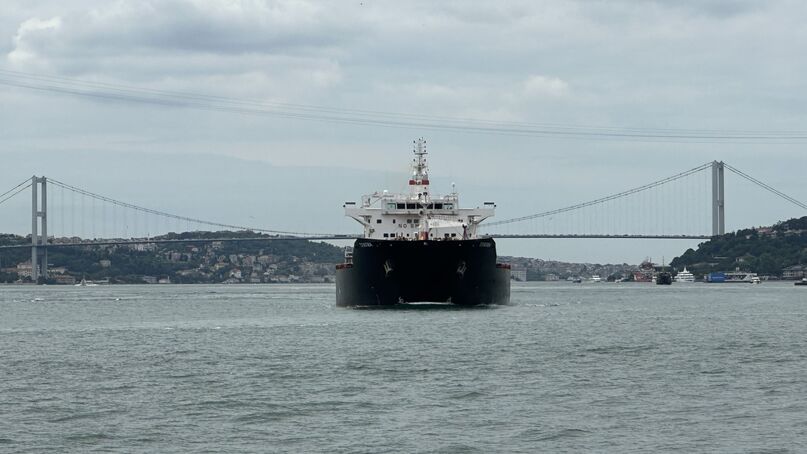Timber sectors hit by rising shipping costs and irregular transportation
20 February 2024

Global timber markets are being affected by rising shipping costs. Photo: R. Carrillo/ITTO
20 February 2024: Red Sea conflicts are affecting the stability of the global economy and freight regularity, with impacts on the timber industry, according to the latest edition of the Global Timber Index (GTI) Report, released today. The ITTO-supported GTI tracks the timber sectors in seven pilot countries around the world.
GTI values were below the threshold of 50% in January 2024 for all participating countries, thus indicating an overall decline in their timber sectors. The best-performing (although still declining) was Brazil, with an index value of 47.2%, followed by Indonesia (45.7%), China (34.1%), the Congo (34.7%), Mexico (32.4%), Gabon (31.4%) and Malaysia (26.8%).
GTI enterprises in Brazil, China, Indonesia and Malaysia all reported higher shipping costs, reduced shipments and slower transportation speeds. Brazilian enterprises suggested a need to enhance safety for commercial vessels crossing the Red Sea and to increase the number of transports on alternative routes.
Despite difficulties in international trade, there was an increase in the volume of new orders in Brazil, the Congo and Malaysia compared with December 2023, indicating improvement on the demand side. Timber trading volume declined in the other GTI countries due to the New Year break.
GTI enterprises also reported other challenges. Gabonese enterprises pointed to a lack of sales channels for their products and a slowdown in production activities in the Special Economic Zone (known as NKOK) as the number of orders decreased. Mexican enterprises said there was a high level of customer turnover in the timber sector and the number of orders was unstable. Chinese enterprises reported that production volume had decreased compared with previous years and the costs of equipment were up as a result of intermittent operations.
Despite the downturn in timber markets, some countries have made encouraging progress in legal and sustainable practices in the timber sector. For example, Brazil’s Minister of Environment and Climate Change, Marina Silva, appearing at the annual meeting of the World Economic Forum on January 16, said environmental governance and monitoring actions helped reduce deforestation in the Amazon by about 50% in 2023 compared with 2022, which is equivalent to a reduction of approximately 250 million tonnes of carbon-dioxide emissions. She confirmed that Brazil is committed to achieving zero deforestation by 2030. In Mexico, the National Institute of Ecology and Climate Change (INECC) obtained an innovative instrument (AccuTOFTM DART® Express) that uses real-time mass spectrometry to detect wood “fingerprints”. The instrument can identify wood quickly, accurately and relatively cost-effectively from small samples and therefore will help combat illegal logging and trade.
The monthly GTI Report is available free at www.itto.int/gti
Download the latest GTI Report